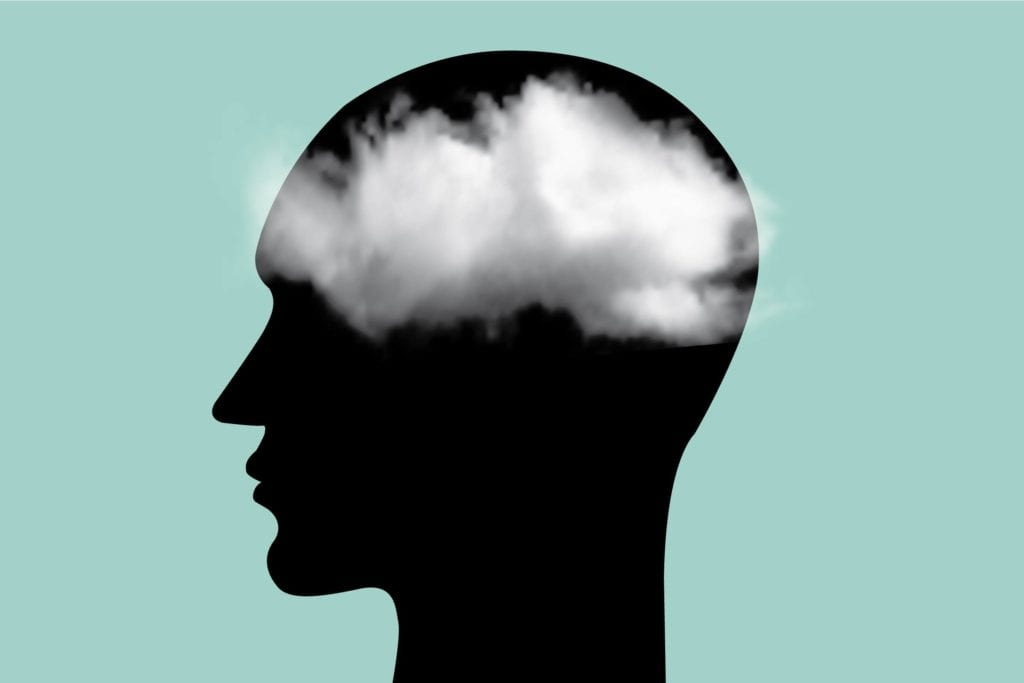Calm Under Pressure: Brain-Based Strategies for Stress-Resilient Leadership
Train your brain to stay calm, clear, and effective under pressure using neuroscience-backed stress tools.
In this issue:
How stress affects the executive brain and decision-making.
Techniques to reset the nervous system during high-stakes moments.
Daily recovery practices that build lasting resilience.
Welcome to this week’s edition of Applied Neurogenesis! Leadership comes with high-pressure decisions, demanding schedules, and constant problem-solving—all of which can take a toll on your brain. Over time, chronic stress weakens cognitive resilience, impairs focus, and accelerates brain aging.
The good news? You can train your brain to manage stress more effectively. In this issue, we’ll break down how stress impacts brain function and share science-backed strategies to safeguard your cognitive resilience.
How Stress Impacts the Executive Brain
1. Increases Cortisol, Weakening Memory and Focus
Chronic stress elevates cortisol, a hormone that disrupts memory formation and shrinks the hippocampus (the brain’s learning center). This leads to mental fog and poor recall.
Quick Tip: Use the "4-7-8 Breathing Technique"—inhale for 4 seconds, hold for 7, and exhale for 8. It quickly lowers cortisol and resets focus.
2. Reduces Mental Agility and Decision-Making Speed
Under stress, the prefrontal cortex—responsible for critical thinking—becomes less efficient, making decisions feel harder.
Quick Tip: When faced with a high-pressure decision, step away for a 5-minute “reset” walk to allow your brain to regain clarity.
3. Disrupts Sleep, Weakening Cognitive Resilience
Poor sleep from stress prevents the brain from clearing toxins and consolidating new information, reducing productivity and emotional regulation.
Quick Tip: Establish a “no-screen rule” 30 minutes before bed to improve melatonin production and sleep quality.
4. Triggers Overreliance on Reactive Thinking
Stress shifts brain activity from the rational prefrontal cortex to the emotional amygdala, increasing reactivity over rational decision-making.
Quick Tip: Use progressive muscle relaxation—tense and relax each muscle group for 5 seconds—to bring awareness back to the present.
Innovations to Watch
Tools to reduce stress and improve cognitive resilience:
Apollo Neuro: A wearable device that delivers soothing vibrations to regulate stress responses.
Hatch Restore: A smart sleep device that optimizes bedtime routines and enhances sleep quality.
HRV Elite App: Measures heart rate variability (HRV) to track stress levels and recovery.
Success Story
This week’s success story is Tom, a 56-year-old COO who found himself constantly overwhelmed by work stress. By practicing 10 minutes of breathwork, setting firm work boundaries, and prioritizing high-quality sleep, Tom experienced a dramatic improvement in focus, energy, and decision-making clarity.
“I no longer feel like I’m constantly putting out fires—I’m leading with intention again,” he says.
Community Corner
This week’s top question comes from Rachel:
“How do I stop stress from affecting my leadership style?”
Great question, Rachel! The key is awareness and regulation. Stress isn’t the enemy—how you respond to it is. Try reframing stress as a performance-enhancing challenge rather than a threat, and implement short, daily recovery practices like mindfulness or nature walks.
How do you manage leadership stress? Share your insights with the Over51 community!
Stress is inevitable—but how you manage it determines your cognitive resilience and leadership impact. By applying these techniques, you can protect your brain, sharpen your focus, and lead with greater clarity.
Want more executive brain optimization strategies? Subscribe to Applied Neurogenesis for expert insights and practical neuroscience-backed solutions.
Stay sharp,
Stu Morris









